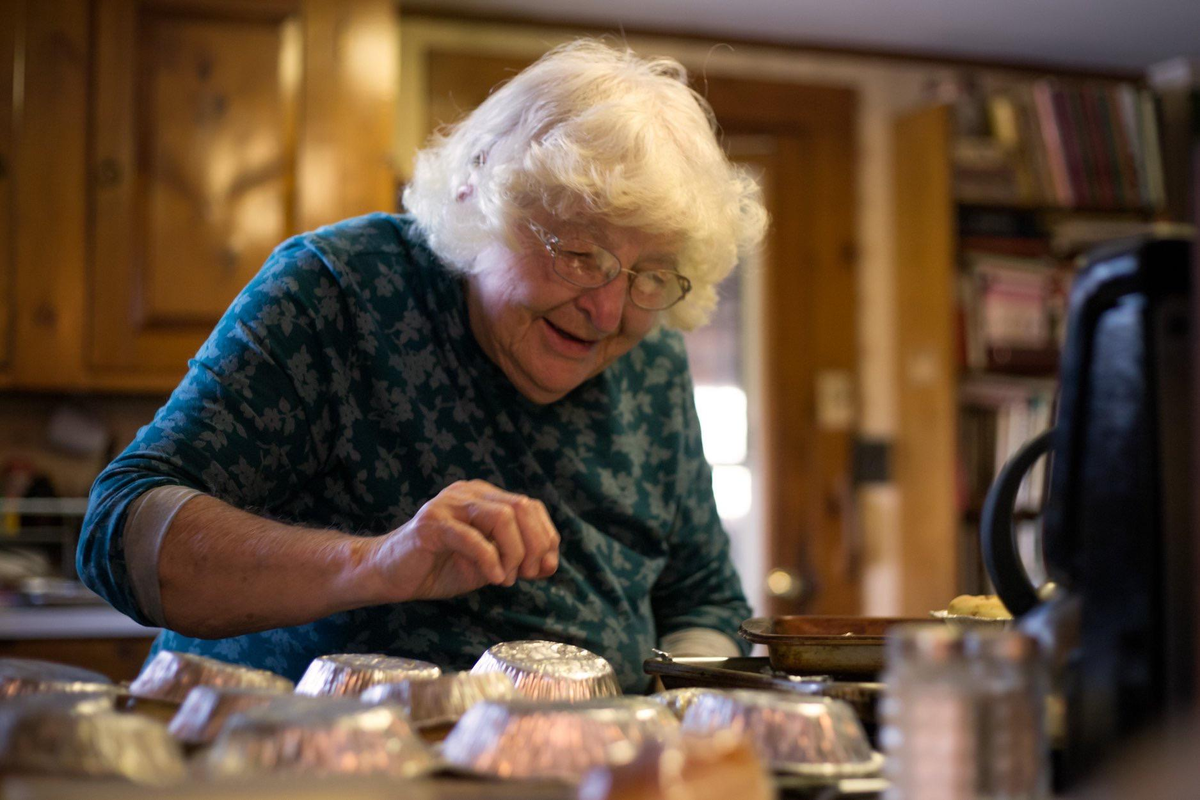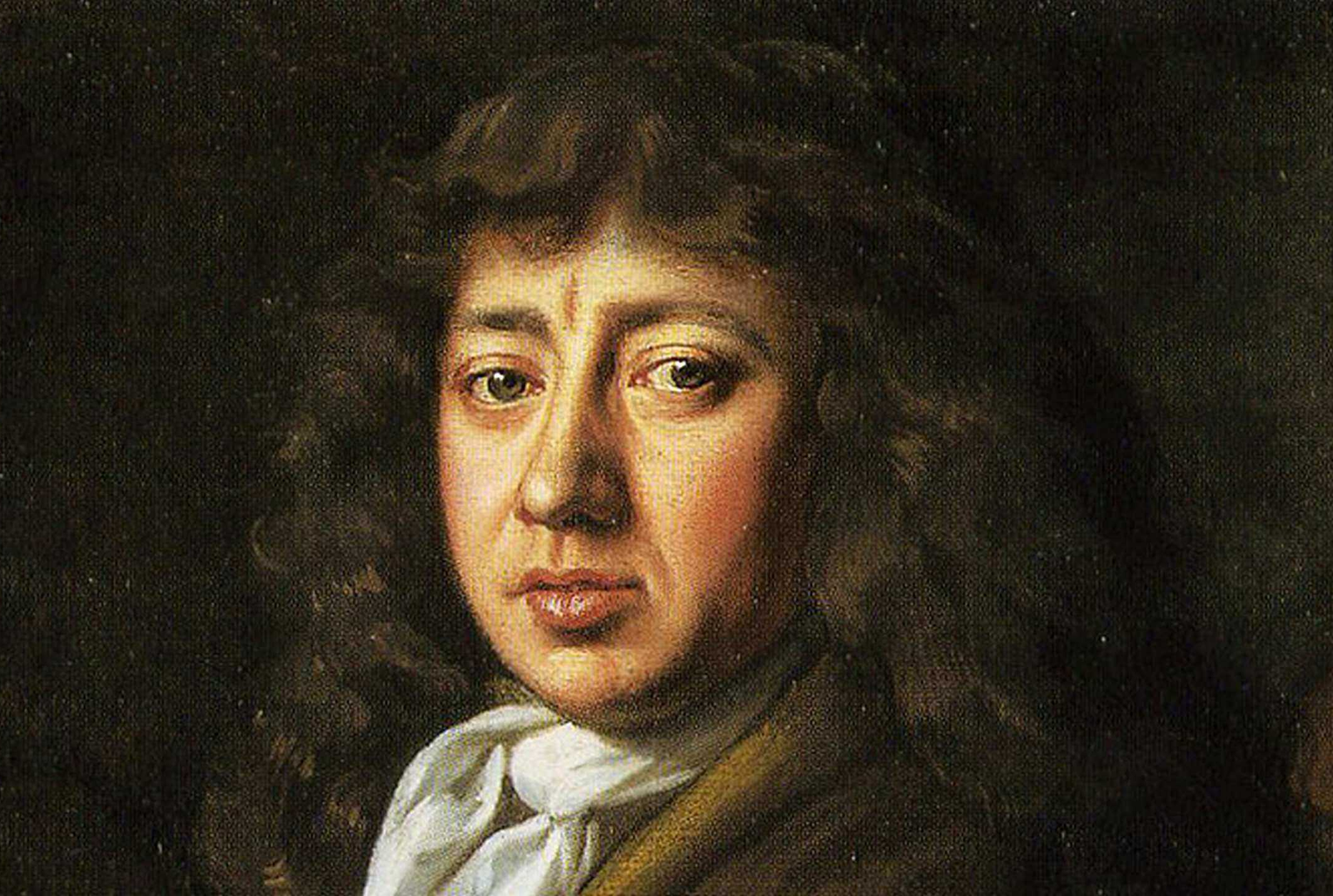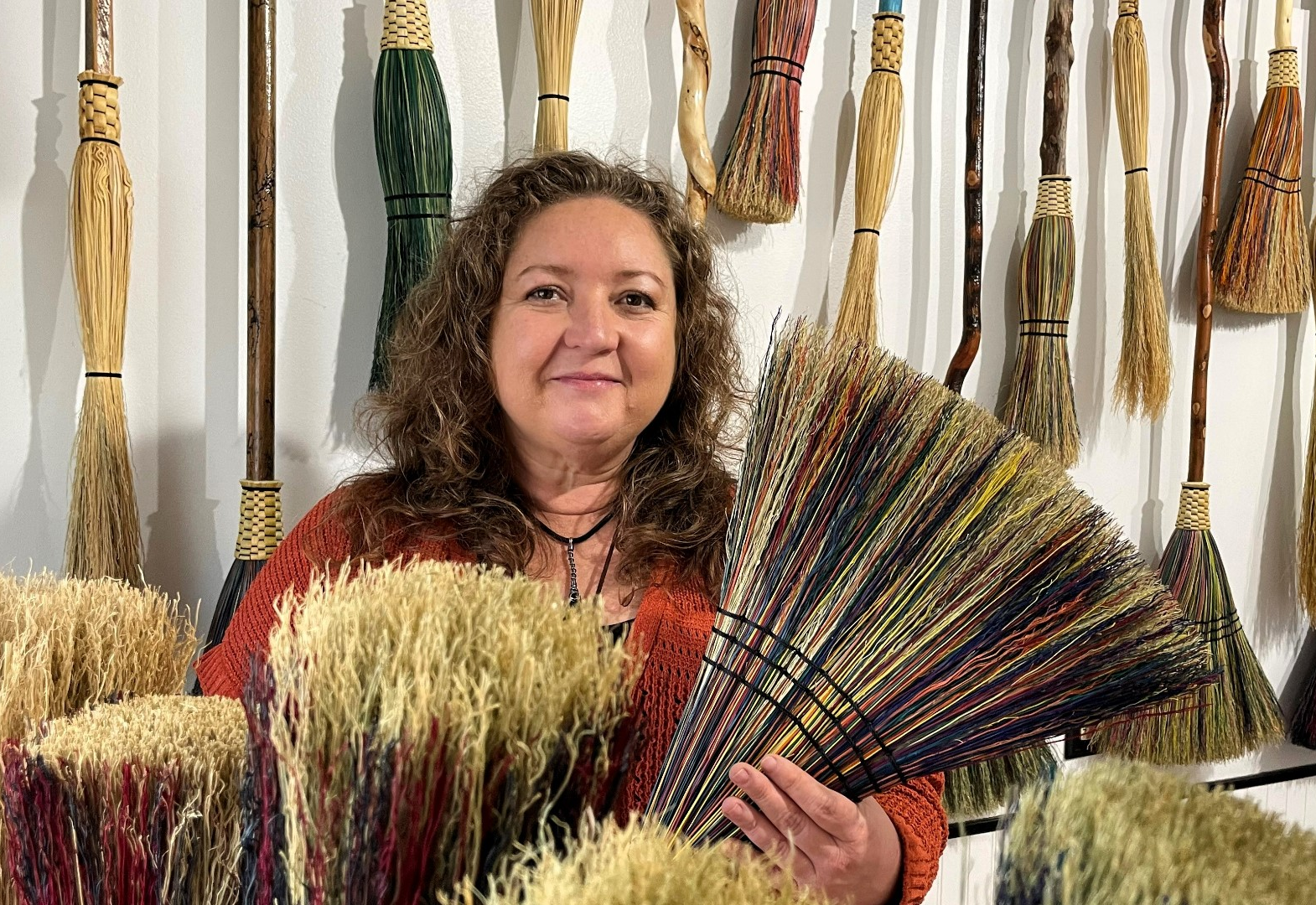The Nine Nanas kept their good deeds a secret for thirty years

From Lori Weiss at HuffPo: "Somewhere in West Tennessee, not far from Graceland, nine women – or "The 9 Nanas," as they prefer to be called – gather in the darkness of night. At 4am they begin their daily routine – a ritual that no one, not even their husbands, knew about for 30 years. They have one mission and one mission only: to create happiness. And it all begins with baked goods. Over the next three hours, The 9 Nanas (who all consider themselves sisters, despite what some of their birth certificates say) will whip up hundreds of pound cakes, as part of a grand scheme to help those in need. And then, before anyone gets as much as a glimpse of them, they’ll disappear back into their daily lives. The only hint that may remain is the heavenly scent of vanilla, lemon and lime, lingering in the air. Even the UPS driver, who picks up hundreds of packages at a time, has no clue what these women, who range in age from 54 to 72, are doing."
Two men dressed as women in public led to a landmark show trial in Britain in 1870

From Wikipedia: "Thomas Ernest Boulton and Frederick William Park were Victorian cross-dressers. From upper-middle-class families, both enjoyed wearing women's clothes and both enjoyed taking part in theatrical performances, playing the women's roles when they did so. Boulton and Park were indiscreet when they cross-dressed in public, and came to the attention of police. They were under surveillance for a year before they were arrested in 1870, while in drag, after leaving a theatre. When they appeared in court the morning after the arrest they were still clothed in the women's dresses from the previous evening. They were charged with conspiracy to commit sodomy, a crime that carried a maximum sentence of life with hard labour. The case came before the Court of the Queen's Bench the following year, and they were found not guilty after the prosecution failed to establish that they had anal sex."
Scientists say that dopamine doesn't work on the brain the way they thought it did

From New Atlas: "Dopamine doesn’t flood the brain as once believed – it fires in exact, ultra-fast bursts that target specific neurons. The discovery turns a century-old view of dopamine on its head and could transform how we treat everything from attention-deficit/hyperactivity disorder (ADHD) to Parkinson’s disease. Researchers from the University of Colorado Anschutz Medical Campus made this discovery while investigating dopamine transmission, finding that the neurotransmitter isn't "sprayed" broadly across the brain (like mist from a spray bottle), but is instead released in highly localized hotspots that are trigger-specific. What's more, it's not a continuous or gradual release but occurs in short, sharp bursts – essentially sparking on and off, and directed at different targets. Using two-photon microscopy, the team saw that dopamine is released in these disparate hotspots with millisecond precision."
Hi everyone! Mathew Ingram here. I am able to continue writing this newsletter in part because of your financial help and support, which you can do either through my Patreon or by upgrading your subscription to a monthly contribution. I enjoy gathering all of these links and sharing them with you, but it does take time, and your support makes it possible for me to do that. I also write a weekly newsletter of technology analysis called The Torment Nexus.
Before the diary of Samuel Pepys could be published it had to be deciphered

From the LRB: "Two hundred years ago this month, Samuel Pepys’s diary was published to great acclaim. While writing his journal in the 1660s, Pepys had worked hard to keep it secret. He knew he was placing his livelihood at risk by recording seditious criticisms of his superiors, along with details of his own bribe-taking and sexually explicit accounts of his ‘amours’. How Pepys’s secret diary nonetheless came to be published and celebrated is a tale of astuteness and cunning. It was not until 1818 that steps were taken towards the publication of what became the first edition. The diary of Pepys’s friend John Evelyn had just proved a publishing success, which made Pepys’s six-volume journal intriguing. However, its contents were unknown to its custodians. Pepys’s shorthand system was at this point unrecognised. A Cambridge student was duly hired to transform Pepys’s shorthand into English prose. This ended up requiring three years of ‘arduous labours’, for which he was paid £200."
Ben Franklin planted a broom and invented an entire industry

From the New York Times: "In 1956 the broom industry sold 45,000,000 brooms, for about $52,000,000 – roughly the same number have been sold each year since 1943. Corn brooms comprised about 85 per cent of the output. Broomcorn is grown principally in Texas, Oklahoma, New Mexico, Kansas, Colorado and Illinois. In appearance it is similar to Indian corn, but it is dry, tasteless and tough. It has no food value or any other use except for sweeping. Benjamin Franklin is credited with having introduced the crop to this country. A friend abroad is said to have sent him a crude little whiskbroom, which he used to dust off his clothes. Franklin found three tiny seeds clinging to the broom, and planted them in his garden. One of the seeds grew into a plant similar to Indian corn but taller and more graceful. By 1797 broomcorn was being grown commercially in the United States, when Levi Dickenson planted a patch in his garden in North Hadley., Mass., and harvested. Thus, a new American industry was started."
Baby elephants don't learn to control their trunks until they're a year old

Acknowledgements: I find a lot of these links myself, but I also get some from other newsletters that I rely on as "serendipity engines," such as The Morning News from Rosecrans Baldwin and Andrew Womack, Jodi Ettenberg's Curious About Everything, Dan Lewis's Now I Know, Robert Cottrell and Caroline Crampton's The Browser, Clive Thompson's Linkfest, Noah Brier and Colin Nagy's Why Is This Interesting, Maria Popova's The Marginalian, Sheehan Quirke AKA The Cultural Tutor, the Smithsonian magazine, and JSTOR Daily. If you come across something interesting that you think should be included here, please feel free to email me at mathew @ mathewingram dot com



